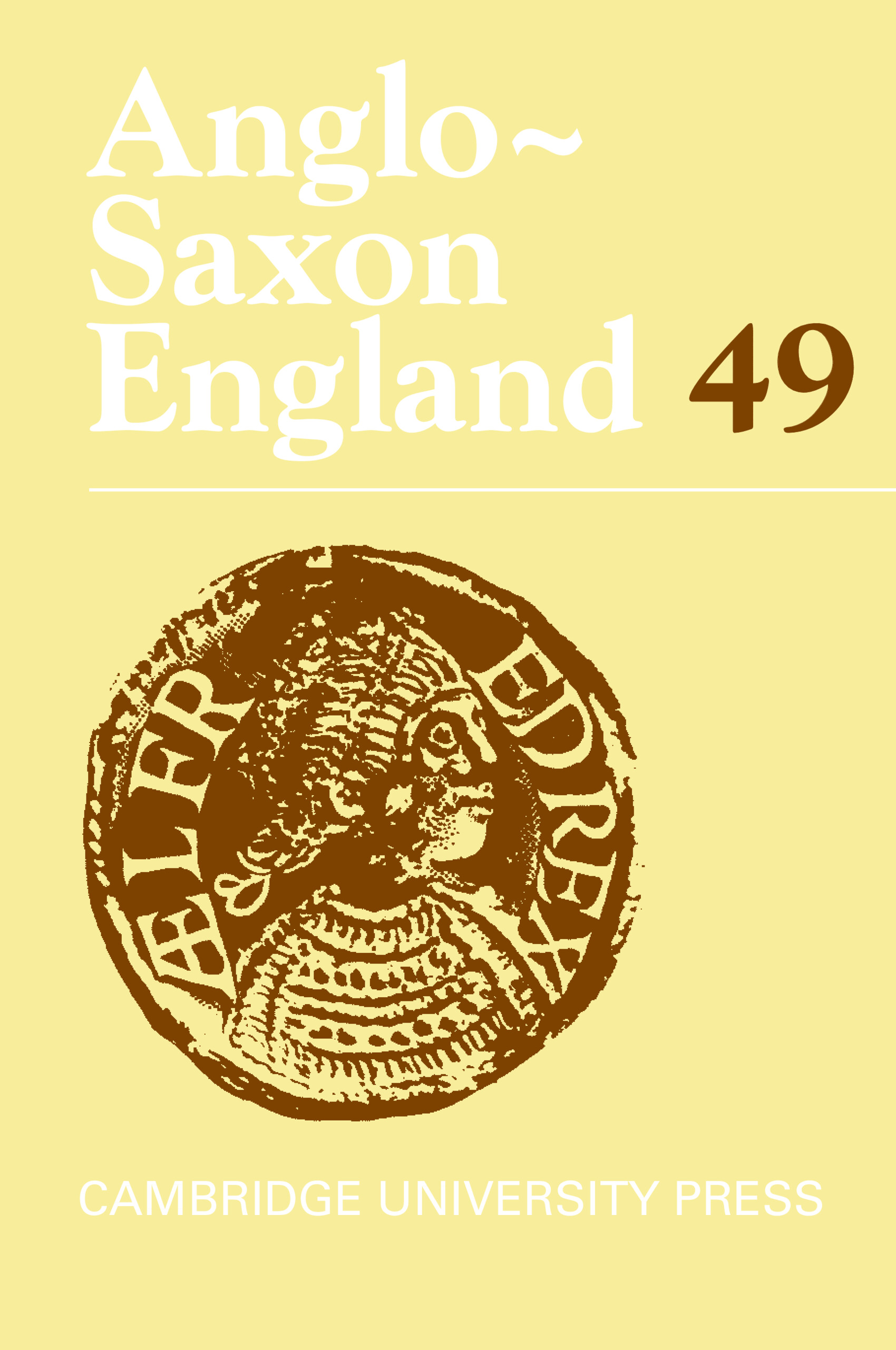Article contents
A taste for knottiness: skaldic art at Cnut’s court
Published online by Cambridge University Press: 19 March 2020
Abstract
During Cnut’s two decades on the throne, his English court was the most vibrant centre in the North for the production and performance of skaldic praise poetry. Icelandic poets composing for earlier Anglo-Saxon kings had focused on the predictive power of royal ‘speaking’ names: for example, Æthelstan (‘Noble-Rock’) and Æthelred (‘Noble-Counsel’). The name Cnut presented problems, vulnerable as it was to cross-linguistic gaffes and embarrassing associations. This article reviews the difficulties faced by Cnut’s skalds when referring in verse to their patron and the solutions they devised. Similar techniques were used when naming other figures in the king’s vicinity. The article concludes with a look at two cruces in an anonymous praise poem celebrating Cnut’s victory in battle in 1016/17 against the English. Both onomastic allusions — to a famed local hero and a female onlooker — seem to poke fun at the ‘colonial’ pronunciation of Danish names in Anglo-Scandinavian England. Norse court poetry was nothing if not a combative game.
- Type
- Research Article
- Information
- Copyright
- © Cambridge University Press 2020
- 1
- Cited by



